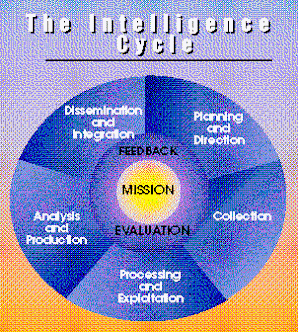Warning against three common check scams
Experts estimate that billions of dollars have been lost as the result of fake check scams. Scams involving fake checks come in many different forms and can be very hard to identify as the printing technology used by scammers improves. The Better Business Bureau warns against three common check scams and offers advice on the red flags to look out for.
According to a recent survey by the Consumer Federation of America, nearly one-third of adults have been approached by a scammer trying to pass off fake checks and at least 1.3 million people have become victim of the scam with an average loss of $3,000 to $4,000.
"It can be practically impossible to tell a fake check from a real one using only the naked eye because fake checks can be printed in full color and even include watermarks," said Dana Badgerow, president and CEO of the Better Business Bureau of Minnesota and North Dakota. "Many check scams plaguing consumers in the US are the work of scammers operating outside of the country and originate in Canada, Jamaica and Africa which makes it extremely difficult for law enforcement to track them down and bring them to justice."
Scams involving fake checks typically require the victim to deposit a check into their bank account then wire money back to the scammers. While the check might initially be deposited into the victim's bank account--leading to a false sense of security--the fake check will ultimately be discovered within a couple weeks and the bank will take the funds out of the account. The victim of the scam is out whatever money they sent to the scammers and will be responsible for paying the bank back if their account is overdrawn.
Following are three common scams that rely on fake checks and can cost victims tens of thousands of dollars:
- Lottery and Government Scam
- Mystery Shopping Scam
- Overpayment Scam


0 comments:
Post a Comment